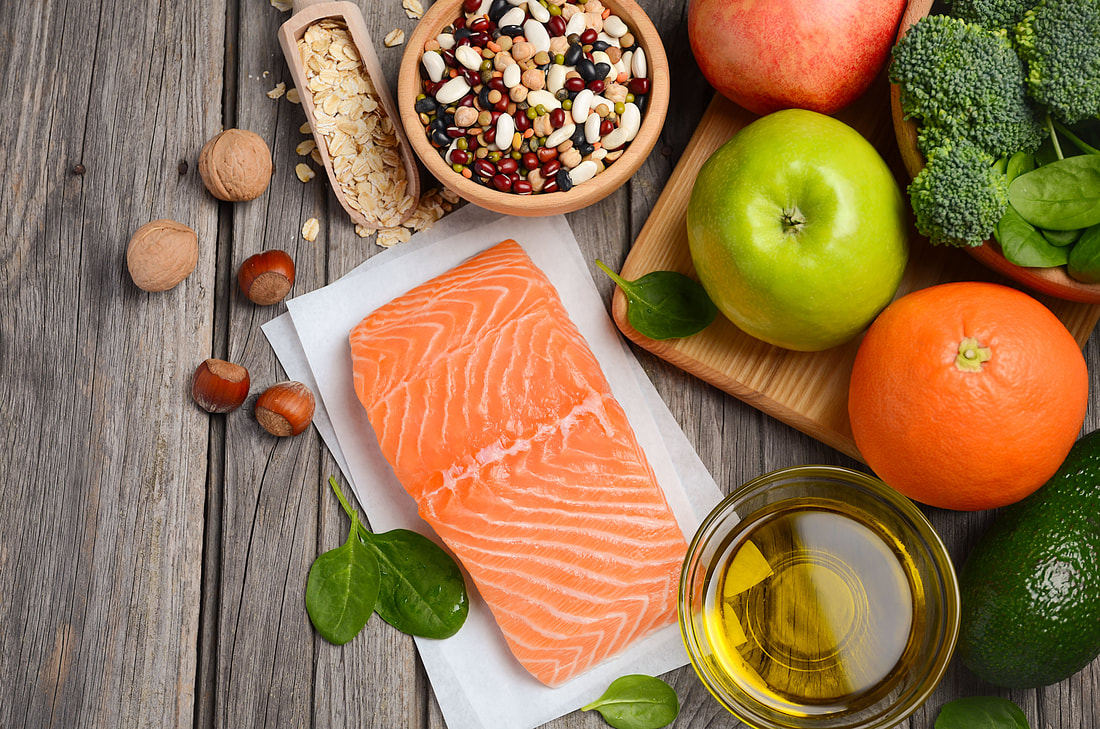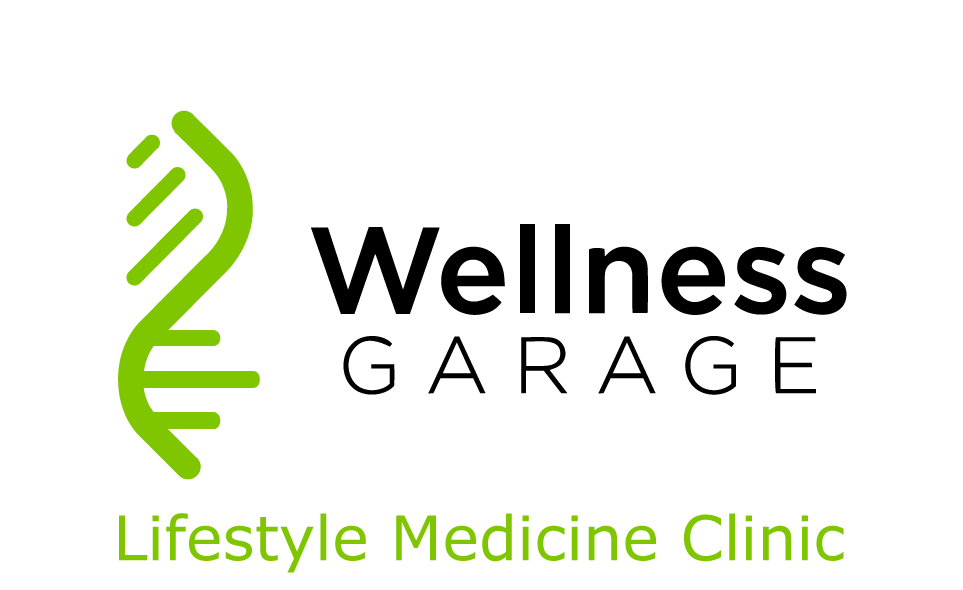|
Why is nutrition so hard to figure out? Why is it so confusing to know how to eat well and be healthy? When did eating become nutrition? This is our attempt to cut through the noise and help you learn foundational habits that will make eating better easier. The EAT Better Strategy:
This is not about diets. Diets do not work.
Diets are temporary, highly restrictive programs of eating to lose weight and are unfortunately damaging exercises in futility. (Diets are also about selling books!)
Inherent in the ‘diet’ approach is a reductionist mindset that the precise nutrient composition of one’s diet matters most. Since we cannot see nutrients, we as consumers have to rely on experts to tell us what to eat. These experts have wildly different views that lead to a dogmatic, almost religious element to food advice that divides food into good and bad, demonizing some foods and elevating others to superfood status. Michael Pollan calls this nutritionism, a term he popularized from the work of Gyorgy Scrinis. Nutritionism is an ideology, not science - a view that specific nutrients in food determine whether a food is healthy or not. “This focus on nutrients has come to dominate, to undermine, and to replace other ways of engaging with food and of contextualizing the relationship between food and the body," wrote Scinis in 2008. This ideology has even come to overtake nutritional science and government advice, easily co-opted by industry to market questionable food as healthy. “Twinkies now with Omega-3!” Nutritionism allows the food industry to market highly processed foods as healthy when they add specific nutrients back to the product and market accordingly - think of vitamin-fortified cereals. Nutritionism may even be one of the causes of the current rise of diabetes, obesity and chronic disease we see in the Western world. Specifically, the recommendations in the late 1970s and early 1980s for consumers to lower their intake of saturated fats led to profound shifts in Western diets with refined carbohydrates replacing fat in industrially produced food. This shift is thought by some to be the single most significant causal factor responsible for the epidemic of obesity in the world today. Pollan counters nutritionism with his simple advice (that we have borrowed): "Eat food, not too much, mostly plants. This simple advice is the antidote to nutritionism; a holistic counter strategy focused on whole foods. Ready for the EAT Better Strategy? EAT Better is our attempt to cut through the noise and help you learn foundational habits that will make eating better easier. The EAT Better Strategy:
Need help applying this to your busy life? Get a personalized nutrition plan to gain clarity and improve your health: The TARGET Nutrition Plan takes a personalized, evidence-based approach to help you make better choices. Our nutritionists assess what you are currently doing and provide you with a personalized plan (including meal plans). Everything you need to transform your diet. |
AuthorDr. Brendan Byrne Categories
All
|

 RSS Feed
RSS Feed
